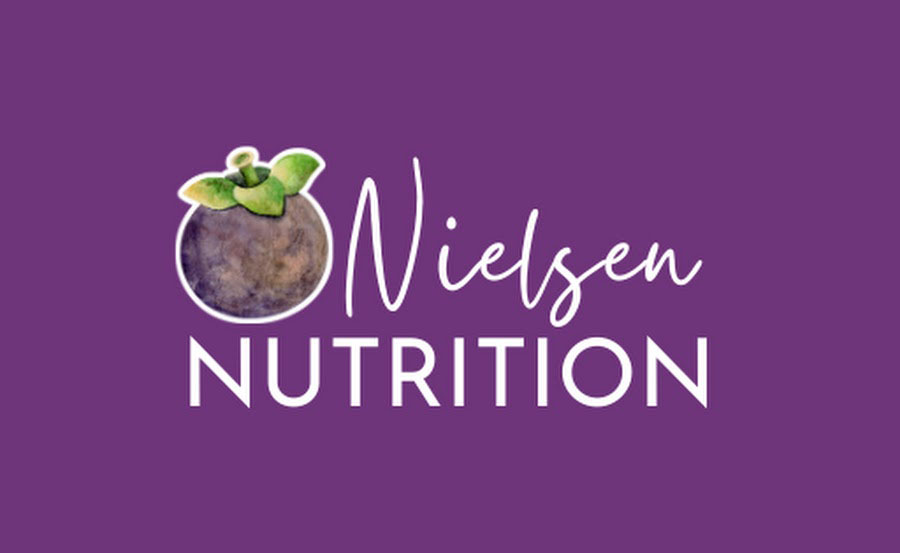11 Oct GERD: It’s kind of the worst.
The Basics:
The most common referral we get for our gut healing program is for GERD or Gastroesophageal Reflux Disease. GERD can be challenging to overcome because it is often a combination of lifestyle, nutrition, structural and situational triggers that contribute to its persistence and severity. Many of our clients come to us because their physician has recommended they stop taking their proton pump inhibitors (PPIs) which have been providing them symptomatic relief. Others have symptoms of GERD but wish to avoid starting those types of medications due to their potential long-term consequences. The NIH gives a definition of GERD as well as lists the downsides and long term consequences of conventional treatment:
“Gastroesophageal reflux disease (GERD) is a gastrointestinal motility disorder that results from the reflux of stomach contents into the esophagus or oral cavity resulting in symptoms or complications. The typical symptoms of GERD are heartburn and regurgitation of gastric contents into the oropharynx. GERD affects quality of life and may cause erosive esophagitis, esophageal strictures, and Barrett esophagus, a precursor to esophageal adenocarcinoma. GERD is a clinical diagnosis and is most effectively treated with proton-pump inhibitors (PPIs). Long-term use of PPIs is associated with bone fractures, chronic renal disease, acute renal disease, community-acquired pneumonia, and Clostridium difficile intestinal infection.” (1)
Another pervasive process we see is sneaky “Silent GERD” or Laryngopharyngeal reflux (LPR). Laryngopharyngeal reflux typically results from the effects of reflux on the glottis and vocal cords. The tricky part with LPR is that many patients may not have the classic symptoms of heartburn, regurgitation and so on. When addressing concerns of potential or diagnosed Silent GERD we assess symptoms of morning congestion, chronic post nasal drip, the sensation pf having something stuck in the throat, hoarseness, frequent throat clearing and even poor sleep quality. (2) The complications of untreated LPR are just as significant as those of GERD and often more severe because they go untreated or misdiagnosed for longer.
Triggers and Contributing Factors:
In our practice we assess a large variety of triggers, way beyond JUST heartburn symptoms, so that our clients can move forward with healing and balance with the goal of finding some normalcy in their eating habits while avoiding symptoms and long-term health consequences from this pesky problem. Even without an official diagnosis of GERD we know that heartburn really stinks so we also work with clients with pervasive heartburn to make sure they receive proper gut healing and nutrition counseling to live well and feel good.
Individualized Treatment Options with Integrative Nutrition:
Struggles that we help our clients understand and work to overcome include:
- Hiatal hernia
- High or low stomach acid production
- Bacterial imbalance due to PPIs or acid in balance
- H. Pylori
- Postnasal drip
- Stomach or gut “pain”
- Chronic Ulcers
- Bowel movement regularity
- Leaky LES (lower esophageal sphincter) valve
- Understanding the stress response and how it affects acid production
- Understanding the histamine response and association with acid production
…and more!!
In conclusion:
There is no one right way to go about addressing GERD or LPR because each of our clients is unique! In our practice we create a framework based on the most current research and our years of clinical experience to provide not only symptomatic relief but deep healing as well. With individualized recommendations based on our clients’ unique needs, family structures and lifestyles we help tired people get their lives back by healing the gut.
Want more info?
- Recorded Webinar of our style of practice.
- Schedule a free clarity call.
- Follow us on Facebook or Instagram
- Sign up for our mailing list
References:
(2): Fass R, Dickman R. Clinical consequences of silent gastroesophageal reflux disease. Curr Gastroenterol Rep. 2006 Jun;8(3):195-201. doi: 10.1007/s11894-006-0075-8. PMID: 16764785.


Pingback:8 Symptoms of Low Stomach Acid – Nielsen Integrative Nutrition LLC
Posted at 00:25h, 13 October[…] been treated for years with PPI’s (proton pump inhibitors) to turn off acid in the gut due to GERD or chronic heartburn and are now experiencing worsening symptoms of low stomach […]
Pingback:These are a few of our Favorite teas… – Nielsen Integrative Nutrition, LLC
Posted at 04:51h, 07 February[…] for those needing some extra gut support. It’s an excellent blend for individuals suffering from GERD as it helps strengthen the LES valve (the little guy that should close when you swallow) and it […]